 and in the fleets that brought convicts and soldiers from England. There were quite a few people hanged for thievery at Sydney Cove but none for sexual crimes. The reason being that sex in all its forms was too common, indulged in by officers as well............................................................................
and in the fleets that brought convicts and soldiers from England. There were quite a few people hanged for thievery at Sydney Cove but none for sexual crimes. The reason being that sex in all its forms was too common, indulged in by officers as well............................................................................
WILLIAM HUGGINS, for a Misdemeanor, in consenting and submitting to the same. March 19.
John Rowden. It has been for many Years my Business to shew the upper Part of St. Paul's Cathedral. On the 19th of November, between Twelve and One o'Clock, I was going to Dinner, and having heard the old Man's Door shut, I afterwards heard some Persons coming up softly. I hearkened, but could hear no Voice; and suspecting something more than usual, I look'd thro' the Light of the Newel Stairs, and discover'd the Prisoners in a very indecent Posture. I was then about 30 or 40 Steps from them. I made haste and surprized them. Huggins was stooping very low, so that I could not see his Head, his Breeches were down, his Shirt was turned upon his Back, and his Backside was bare. Holiwell was standing close by, with his fore Parts to the others Posteriors, and his Body was in Motion; but I could not see his fore Parts, because his Back was towards me. As soon as they found I was there, Huggins got up, and was very busy in putting up his Breeches. I seiz'd upon Holiwell, he struggled to get loose, and tore my Turnover. At last he disingaged himself, and made his Way to the Church Door, but could not get out, for it was lock'd, and I had got the Key in my Pocket. I locked them both into the Side-Isle, and went to get the Clerk of the Works to go with me to acquaint the Dean with the Matter. When I return'd, Holiwell was got out of the Place where I had left him, and could not be found for a considerable Time;but at last we discover'd him in a Gallery adjoining tothe Organ-Loft, where he had hid himself. When they were before the Justice, Holiwell's Shirt was examin'd, and there appear'd plain Tokens of Emission.
The Prisoner, Huggins, call'd a great many of his Neighbours to his Reputation. They gave him the Character of an industrious Man in his Business (which was that of a Waterman) a loving Husband to his Wife, a tender Father to his Children, an honest Man in his Dealings, and a Religious Man, who kept to his Church constantly on Sundays, and one of the last Men that they should have suspected of such Practices. That they should more easily have credited his Familiarity with Women, he commonly chusing their Company more than that of Men.
But all this had no Weight against positive Evidence.
Holiwell did not call one Witness to his Character.
The Jury found them both guilty of the Indictment
The Sentence against Holiwell was, that he should stand on the Pillory near St. Paul's for an Hour, suffer six Months Imprisonment, and pay a Fine of 40 l.
And against Huggins, that he should stand on the Pillory an Hour at the same Place, and suffer eight Months Imprisonment.
SOURCE: Select Trials, for Murders, Robberies, Rapes, Sodomy, Coining, Frauds, And other Offences, London: Printed for J. Wilford, ..
18 December 1725
John Jones, a Boy, was sentenc’d to stand in the Pillory at Lime-Street, and to pay a Fine of 20 Marks, for extorting Money from a Gentleman by threatning to swear Sodomy against him. (Mist’s Wekly Journal)
SOURCE: Various newspapers, as noted above, throughout the years 1724 and 1725.
CITATION: If you cite this Web page, please use the following citation: Rictor Norton (Ed.), "Blackmail, a Hanging, and a Masquerade Ball, 1724-1725," Homosexuality in Eighteenth-Century England: A Sourcebook. 31 August 2002; updated 1 March 2005
Molly - an eighteenth-century slang expression for homosexual men taken from the Latin mollis meaning "soft".
Molly house - refers specifically to the wide network of alehouses where homosexual men met. Remember to use quotation marks and to click on the Advanced radio button when searching on phrases.
Bugger - the act of anal penetration, regardless of the sex of the passive participant.
Sodomy, sodomize, sodomite - the act of, or a participant in, any form of penetrative sexual activity with the exclusion of heterosexual, vaginal sex between an adult man and woman over 12 years of age. In the eighteenth century sodomy included bestiality, child abuse, and oral sex.
Detestable - frequently paired with "crime" or "sin", a common eighteenth-century code word for sodomy. Over the course of the period covered by the Proceedings trials for sodomy become decreasingly explicit, with a wide range of euphemisms used.
Unnatural - frequently paired with "act" or "sin", a common eighteenth-century code word for sodomy.
Extort - extortion with threats to expose men for homosexual practices was common in eighteenth-century London. A search using this term will find many relevant cases.

“(…) ‘Boys at Sea’ is a study of homoerotic life on board ships of the Royal Navy in the age of fighting sail. It deals not only with sex among ordinary crewmen, but reveals that the most conspicuous feature of prosecutions for sodomy and indecency from the reign of Queen Anne almost to the dawn of the Victorian age involved officers forcing their attentions on unwilling ships’ boys. (…) It provides a probing look into the careers of youngsters who served on board Britain’s warships, revealing a dark and terrifying aspect of their lives. (…)”
* * *History, so they say, is written by the winners. That’s true, but I’d like to add: history is also written by those who could actually write. When researching information regarding the Age of Sail, we find journals, reports and letters by the officers - but it’s very unlikely that a ship’s boy or powder monkey would have kept a diary. At least I don’t know of any such case. Those who could write might have sent a letter, but oral tradition and the odd article about a mutiny in the papers aside, the voice of the lower deck is a faint whisper compared to the mighty choir the higher ranks have left us as a legacy.
One of the few occasions where “Jack Tar” could be heard was in front of a court. The words of the illiterate have been immortalised by clerks, the records are now in libraries and museums, for us to read and study. Professor B. R. Burg’s book is mostly based on court martial records, which gave the ones who couldn’t leave a track in history their own voice.
“(…) a large majority of the defendants were officers and that in almost every case the officers were accused of forcing sodomy and indecent acts on unwilling boys. Ordinary sailors customarily found partners among their peers, as did midshipmen, but no officer was ever called to account for buggering another officer. Neither did men holding commissions or warrants select those immediately below them in rank as sexual partners. They chose only those in the lowest tiers of the naval hierarchy. Captains did not have sex with lieutenants; lieutenants did not have sex either with petty officers or with the “ratings” or “the people,” as seamen were variously called by those in posts of authority. The preferred partners for officers of every level were the boys that comprised between 8 and 10 percent of ships’ crews. (…)”
Learning about homosexuality in the Royal Navy of the 18th century is like trying to put a puzzle together. Letters. Reports. Journals. Gossip. Court records. Paintings. Caricatures. These are all part of the puzzle, but what we’ll never know is how many men were not “caught in the act”; how they felt, lived. It’s speculation, so a large part of the puzzle will always remain missing.
What we do know, though, is that not every case of “buggery” or, when played down for decency’s sake, “uncleanliness”, found its way in front of a court martial. There were various reasons: it took ages to get the number of captains together that were required for a court martial. Buggery was considered such a heinous crime that even the mention of it, no matter how insubstantial the claim was, could ruin a man’s career and the precious reputation as a “gentleman”. Last but not least, the reputation of the ship was tarnished as ............ **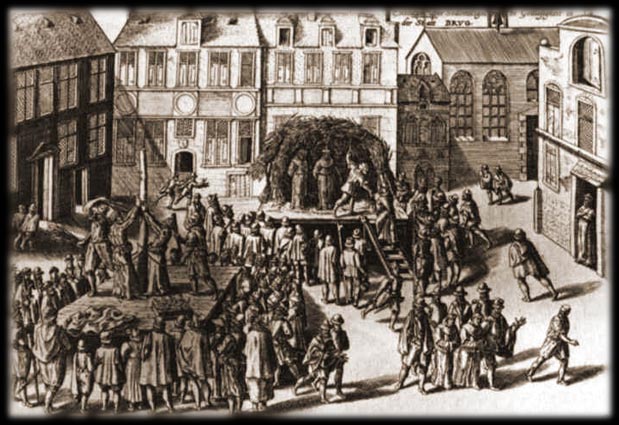
Nicholas Hogenberg
(15th century)
The Punishment of Sodomites
Men convicted of buggering each other being burned at the stake.
Take heed all ye sodomites, maketh thy codpiece to enter by the front and ne'er the back door, or faggots shall be heaped around ye. Fire will clean the abomination of thine slimy deeds.




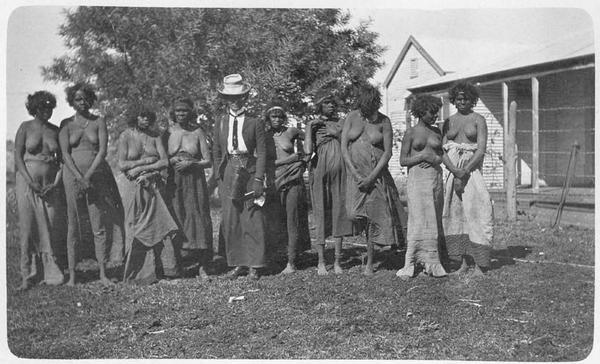






+copy.jpg)



































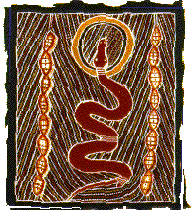


















.jpg)
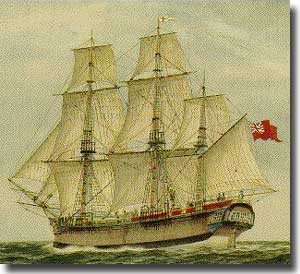

























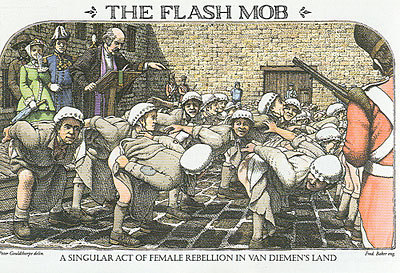
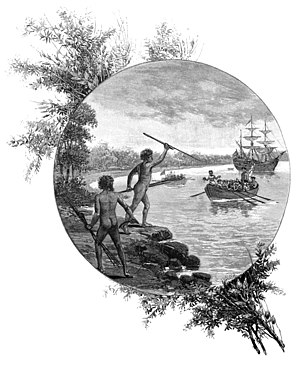 G
G







.jpg)
















No comments:
Post a Comment